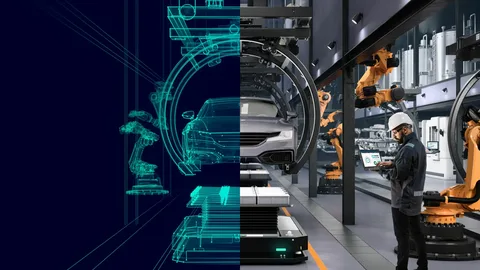Navigating the Challenges of 2025
In 2025, the landscape for small businesses is more dynamic and competitive than ever. Advancements in technology, shifting consumer behaviors, and economic uncertainties present both opportunities and challenges. While innovation and adaptability are crucial, avoiding common pitfalls can be just as important for sustained growth and success. This article delves into ten prevalent mistakes small business owners make and offers actionable strategies to circumvent them.
Failing to Conduct Thorough Market Research
One of the most detrimental errors is launching a product or service without understanding the target market’s needs and preferences. Without comprehensive market research, businesses risk offering solutions that don’t resonate with consumers, leading to poor sales and potential failure.
Solution: Utilize tools like Google Trends and Semrush to gather data on market demand and competitor strategies. Engage directly with potential customers through surveys and feedback sessions to validate your business concept.
Underestimating the Importance of Cash Flow Management
Even profitable businesses can falter if cash flow isn’t meticulously managed. Insufficient funds to cover operational expenses can lead to missed opportunities, late payments, and strained supplier relationships, Implement financial tools such as QuickBooks or Wave to monitor income and expenses. Establish a cash reserve to cushion against unforeseen financial challenges.
Neglecting a Comprehensive Business Plan

A solid business plan serves as a roadmap, guiding decision-making and attracting potential investors. Skipping this step can result in a lack of direction and missed growth opportunities.
Solution: Develop a detailed business plan that outlines your vision, target market, competitive analysis, and financial projections. Regularly revisit and adjust the plan as your business evolves.
Overlooking the Significance of Online Presence
In today’s digital age, a robust online presence is essential for visibility and customer engagement. Relying solely on traditional marketing methods can limit reach and growth potential.
Solution: Invest in a user-friendly website optimized for search engines. Leverage social media platforms to connect with your audience and showcase your offerings.
Ignoring Customer Feedback
Customer feedback provides invaluable insights into product performance and service quality. Disregarding this feedback can lead to missed opportunities for improvement and customer dissatisfaction.
Solution: Implement regular surveys and actively monitor online reviews. Use this feedback to make informed decisions and enhance customer experience.
Underpricing Products or Services
While competitive pricing is important, undervaluing your offerings can undermine profitability and brand perception. It may also lead to difficulties in sustaining business operations.
Solution: Conduct a thorough analysis of production costs, market rates, and perceived value. Set prices that reflect the quality and uniqueness of your products or services.
Failing to Adapt to Technological Advancements
The rapid pace of technological change means that businesses must continuously innovate to stay competitive. Resistance to adopting new technologies can result in inefficiencies and lost opportunities.
Solution: Stay informed about industry-specific technological trends. Invest in tools and platforms that streamline operations and enhance customer engagement.
Mismanaging Time and Resources
Inefficient allocation of time and resources can lead to burnout and hinder business growth. Attempting to handle all tasks personally can reduce productivity and quality.
Solution: Delegate tasks to skilled team members or outsource when necessary. Prioritize activities that align with your core competencies and strategic goals.
Overlooking Legal and Compliance Requirements
Neglecting legal obligations can result in fines, legal disputes, and damage to reputation. Understanding and adhering to industry regulations is crucial for long-term success.
Solution: Consult with legal professionals to ensure compliance with local, state, and federal laws. Regularly review and update contracts, licenses, and insurance policies.
Ignoring Employee Development and Well-being
Employees are a vital asset to any business. Failing to invest in their development and well-being can lead to low morale, high turnover, and decreased productivity.
Offer training programs, career advancement opportunities, and a supportive work environment. Recognize and reward employee contributions to foster loyalty and engagement.
Conclusion
Avoiding these common mistakes requires proactive planning, continuous learning, and adaptability. By staying informed, seeking feedback, and making strategic decisions, small business owners can navigate the complexities of 2025 and build resilient, thriving enterprises.







